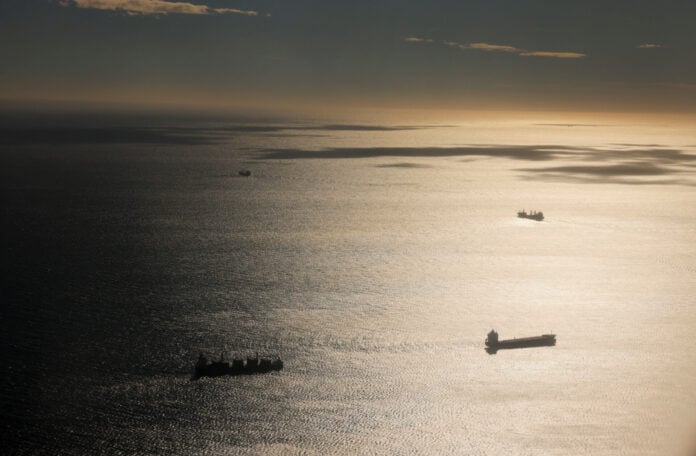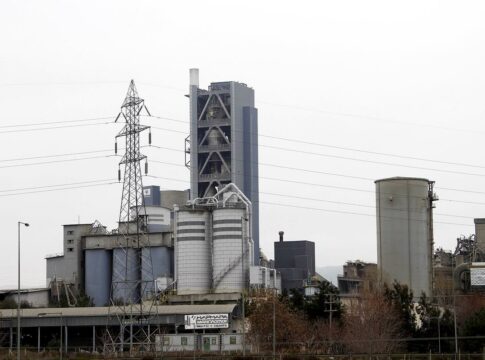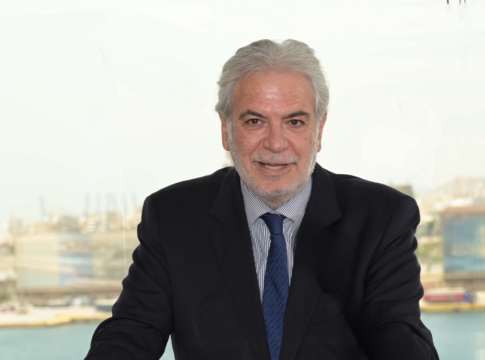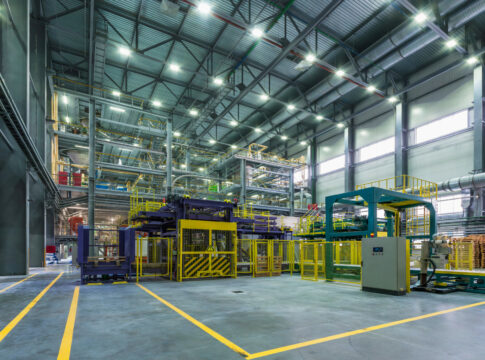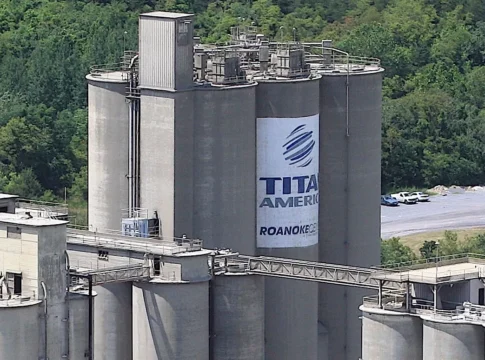Modern coastal transport for the sustainable development of the islands, against the backdrop of the increased cost of the sector’s transition to a greener future, was outlined during a conference held by the Greek Shipowners Association for Passenger Ships (SEEN).
Sources in the coastal shipping market, speaking to “N”, reported that the regulatory framework for the path towards the decarbonization of the sector currently exists, however it increases operating costs for ships, which may lead to higher coastal ticket prices, estimated at approximately 8% to 10%.
According to the new EU environmental regulations, most of the coastal shipping fleet will have to be replaced or modernized, with the aim of reducing gas pollutant emissions.
The EU ETS emissions trading system is already applied to the Patras-Italy coastal shipping connections and to islands with more than 200,000 inhabitants (Crete), which determines that each coastal shipping company must purchase the stock market value of the carbon dioxide it emits for each ton of fuel it burns.
At the same time, from 01/01/2025, FuelEU Maritime is also applied, forcing coastal shipping vessels to consume low-sulfur fuels, which are more expensive than regular fuel oil.
The Ministry of Maritime Affairs has estimated that the public and private funds that will be required for the greening of the coastal shipping sector and the development of port infrastructure will reach 2 billion euros in 2027-2028.
Initiatives
A contractor has already been assigned the task of preparing the masterplan for the renewal of the coastal shipping fleet, with the aim of replacing it with new, environmentally friendly ships, a project that will be completed in June 2025.
The investment plan for the renewal of the fleet will assess the financial needs of the companies, the cost-benefit analysis, and the design of the financing mechanism.
Furthermore, through the NSRF program, funding of 80 million euros has already been secured, with the potential to reach up to 360 million euros and will concern the “greening” or the construction of new ships for coastal shipping operating on barren routes.
The relevant financing program concerns only the public-private partnership (PPP) with multi-year contracts, which can reach up to 12 years.
Speaking in Parliament on the issue of the renewal of coastal shipping vessels, the Minister of Shipping Christos Stylianidis pointed out the aging fleet and the safety issues that may arise in some cases, while also referring to the deficiencies in port infrastructure.
He noted that “the country went through a decade when unfortunately no money was allocated for port infrastructure, in a difficult sea such as the Aegean.”
He stressed on the issue of port infrastructure that another 300 million have been secured by the EU for small and effective projects that concern Greek coastal shipping, mainly in the Aegean.


